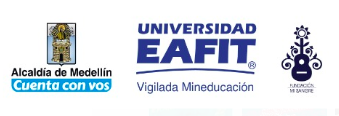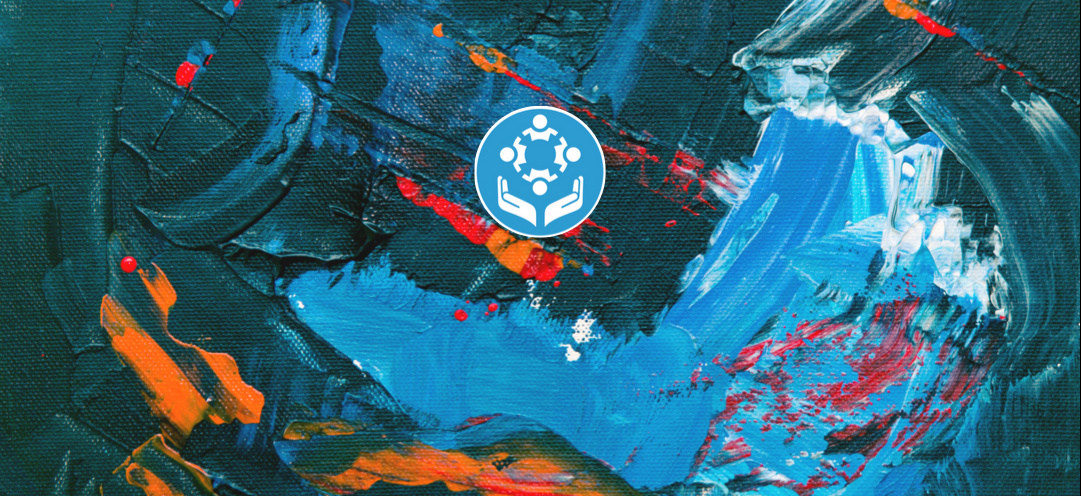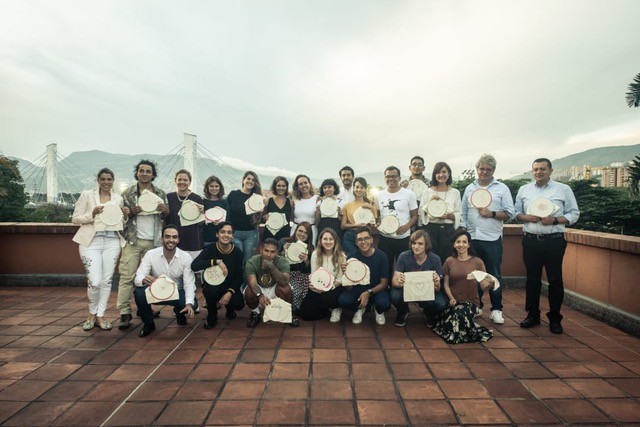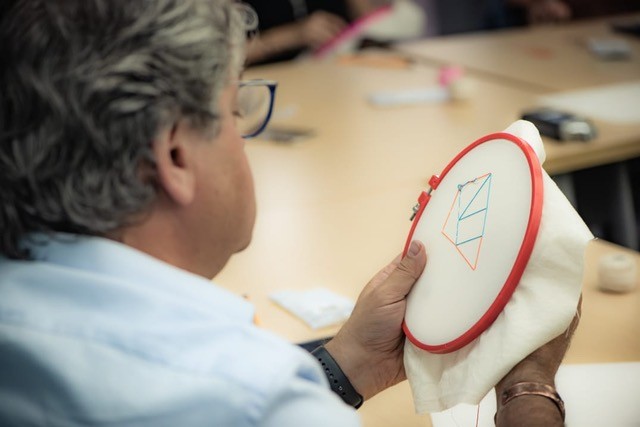Social Lab Medellin
The youth that live in the peripheral neighborhoods of Medellin have been targeted by criminal structures to execute their operations, and thus used as an accessible battalion of disposable warriors. During the 40+ years of urban conflict in Medellin the youth, especially men, have been at the forefront of violent confrontations between governmental armed forces and insurgency groups, guerrillas and paramilitary groups, and rival gangs connected to drug trafficking and extortion structures.
Indeed, the living conditions in the most vulnerable and impoverished sectors of Medellin are detrimental, but people find ways to meet their material needs, to construct meaningful relationships among them, and to make sense and act on the intractable conflicts they are systemically subjected to.
To be sure, there are inhibiting forces present in the city that are constantly acting on the dynamics that function to enhance and perpetuate conflicts. Among these inhabiting forces is the energy and enthusiasm of youth to face and transform conflicts. Thus, how to better channel the energy of all these youth—including those who are part of criminal gangs—in a way that fosters sustainable transformations for them individually and for their ecosystem as a whole?
These questions are in fact the guiding force of the Social Lab project. After various iterations of discussions and sensing experiences among members of the Social Lab Medellin, it was decided that The Lab will be fundamentally guided the following question: What strategies can we design and set in motion to systemically transform the dynamics that nourish youth violence in Medellin?
-
Multi-disciplinary and pluri-perspective Collaboration: Distinct actors, with radically different perspectives, who are involved in youth matters, and who otherwise would not meet to discuss, sense, and observe together the socioeconomic conditions that youth face, meet periodically to co-create strategies to prevent violent conflicts among youth.
-
Community of Learning: In itself, this lab is a learning experience for all its members. Because each member bring a set of best practices and knowledge around the issue of youth, the lab serves as a platform where all these practices and knowledge find a meeting point and become re-defined and enhanced in a dialectic process of collective experiencing, sensing, and discussing.
-
Dynamical Systems Theory and Systemic Thinking approach: Because the problem at hand is highly complex and its solution, or possible solutions, not easily recognizable the lab is following the principles of DST. Evaluating the problem from the perspective of DST allows the lab to find in the elements of the system opportunities to challenge and ultimately transform the social problem at hand. Highly complex problems need to be approached at the same level of complexity, and thus conventional understandings and linear solutions are not sufficient.
Partners

Social Lab Chronicles
November 21, 2019
ElCielo Classic—Colombia’s dish of Reconciliation
November 21, 2019



